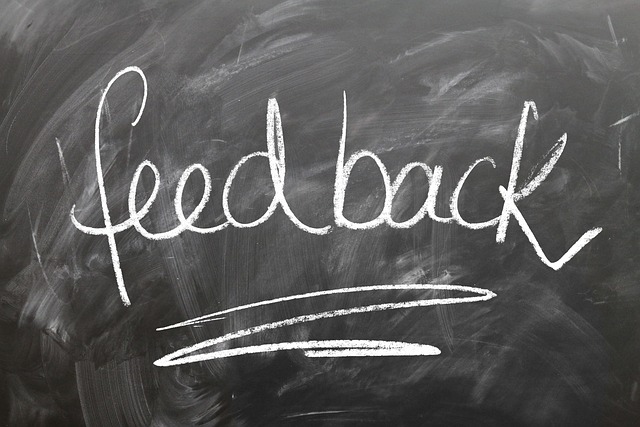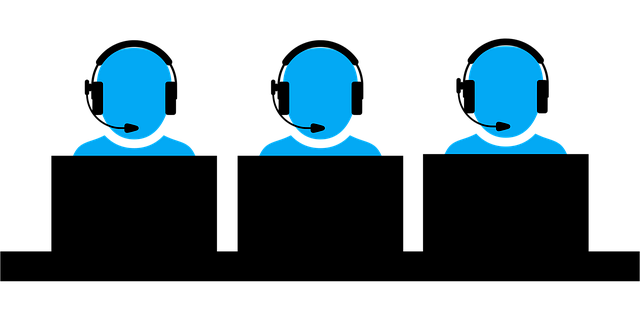The WhatsApp Business API empowers companies to engage with global users through automated messaging, real-time content, and personalized interactions, driving sales and brand connections. Setting up a WhatsApp Business Account involves downloading the app, creating an account, and integrating marketing automation tools for streamlined customer management and enhanced satisfaction. Effective strategies require understanding target audiences, segmenting contacts, and using chatbots/templates for quick responses, enabling businesses to refine KPIs, analyze data, and optimize engagement on WhatsApp for successful business scaling.
WhatsApp, with its global reach and real-time messaging capabilities, has emerged as a powerful tool for businesses seeking to enhance customer engagement. This article explores how companies can leverage the WhatsApp Business API to scale their interactions at an unprecedented level. From setting up accounts to crafting strategic messages and automating workflows, we’ll navigate the key aspects of effective WhatsApp business integration. Learn how to measure success and analyze data to optimize your scaling efforts in this dynamic digital landscape.
- Understanding WhatsApp Business API
- Setting Up Your WhatsApp Business Account
- Crafting Effective Messaging Strategies
- Scaling Engagement: Automating Responses and Workflows
- Measuring Success and Analyzing Data
Understanding WhatsApp Business API

WhatsApp Business API is a game-changer for companies looking to enhance their customer engagement strategies at scale. This powerful tool allows businesses to interact directly with customers through WhatsApp, one of the most popular messaging apps globally. By integrating the API into their marketing and communication systems, brands can send automated messages, receive queries, and deliver personalized content, all in real time. It’s a direct line to billions of users worldwide, offering immense potential for business growth.
For businesses aiming to scale their operations, WhatsApp provides an efficient and familiar platform. Unlike traditional email marketing or landing page campaigns, WhatsApp allows for more personal interactions, increasing customer satisfaction and loyalty. Social media marketing automation can also be streamlined through the API, enabling businesses to schedule messages, create templates, and manage conversations efficiently. This level of engagement is key to building strong brand connections and driving sales in today’s competitive market.
Setting Up Your WhatsApp Business Account

Setting up a WhatsApp Business Account is a crucial first step for businesses looking to leverage this popular messaging platform for real-time engagement at scale. It allows companies to communicate directly with their customers, providing quick support and enhancing customer satisfaction. With just a few simple steps, you can get started. First, download the WhatsApp Business app on your device and create an account using your business phone number. This ensures a dedicated line for your business communications.
Once installed, the setup process guides you through personalizing your profile, setting preferences, and connecting to Facebook (which is necessary for certain business features). From there, you can manage your contacts, messages, and settings tailored to your business needs. This foundation enables businesses to streamline their communication strategies, integrate marketing automation tools, and even enhance their sales funnels using WhatsApp’s robust features.
Crafting Effective Messaging Strategies

Crafting effective messaging strategies on WhatsApp for business scaling requires a deep understanding of your target audience and their preferences. Since WhatsApp is a highly personal platform, messages should be concise, engaging, and relevant to the customer’s interests. Segmenting your contact list based on demographics, purchase history, or behavioral patterns allows you to tailor content that resonates with each segment. This not only enhances engagement but also increases the likelihood of conversions.
WhatsApp marketing, when done right, can serve as a powerful ecommerce solution by enabling direct communication between businesses and their customers. Implementing automated messaging, such as welcome messages, product recommendations, or abandoned cart reminders, can streamline interactions. Additionally, leveraging customer relationship management (CRM) tools integrated with WhatsApp ensures that every conversation is tracked and managed effectively. This holistic approach optimizes the potential of WhatsApp for business scaling while fostering stronger customer relationships.
Scaling Engagement: Automating Responses and Workflows

As a WhatsApp for business platform, automated responses play a pivotal role in scaling engagement at large. By leveraging smart chatbots and pre-designed templates, businesses can streamline customer interactions, ensuring quick response times even during peak hours. This automation isn’t just about efficiency; it’s a strategic move to enhance customer satisfaction. For instance, these bots can guide users through sales funnels, answer frequently asked questions (FAQs), or even assist in simple transactions, all while collecting valuable data for future marketing analytics.
The power of automation extends beyond immediate customer service. Workflows can be programmed to trigger based on user behavior, such as sending targeted promotions after a certain number of interactions or offering personalized recommendations based on purchase history. For ecommerce solutions relying on WhatsApp, this means turning casual conversations into sales opportunities by providing relevant product information without being overly intrusive. Automated workflows not only improve engagement but also open up avenues for data-driven decision-making, allowing businesses to refine their marketing strategies and tailor experiences for their customers.
Measuring Success and Analyzing Data

Measuring success and analyzing data are crucial aspects of utilizing WhatsApp for real-time engagement at scale within a business context. The key performance indicators (KPIs) can vary based on specific goals, whether it’s increasing customer satisfaction, driving sales, or improving support efficiency. For instance, for a retail brand, the focus might be on click-through rates from product messages and the conversion rate to purchases. Measuring open rates, message delivery times, and user interactions within WhatsApp conversations also provides insights into engagement levels.
Leveraging marketing analytics tools that integrate with WhatsApp enables businesses to gain deeper customer relationship management (CRM) capabilities. By combining these data points with an AI chatbot, companies can refine their strategies, personalize communications, and anticipate customer needs. This iterative process ensures that WhatsApp for business scaling remains effective and aligned with the dynamic nature of consumer behavior in today’s digital landscape.
WhatsApp’s real-time communication capabilities offer businesses a powerful tool for engaging with customers at scale. By leveraging the WhatsApp Business API, automating workflows, and crafting strategic messaging, companies can enhance customer satisfaction, build stronger relationships, and ultimately drive growth in today’s digital era. With effective measurement and data analysis, WhatsApp for business scaling becomes a game-changer, allowing brands to stay connected and responsive in a bustling market.
